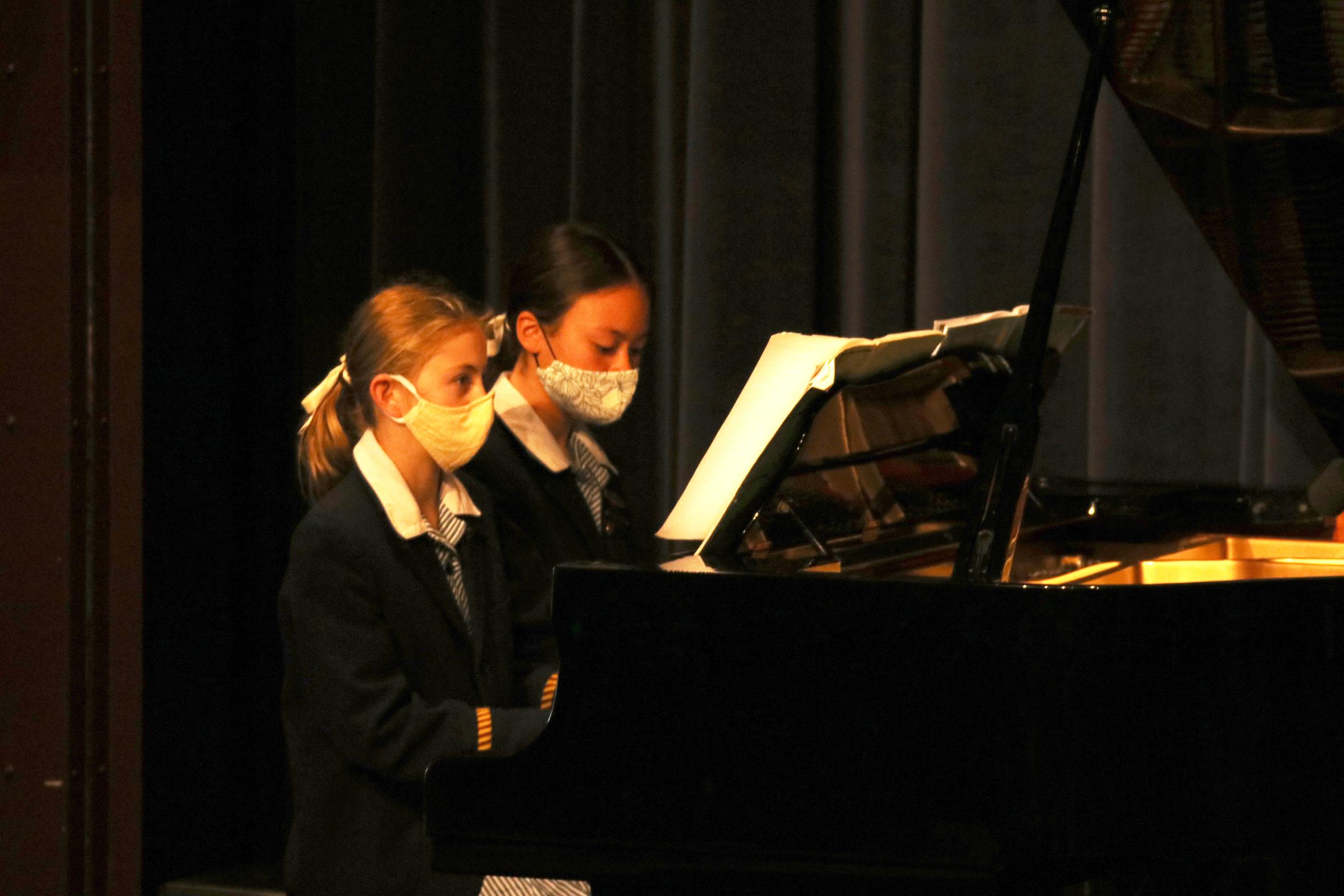Middle Years
End of Year Examinations for Middle Years Students

Middle Years
End of Year Examinations for Middle Years Students
Our Year 7, 8 and 9 students are preparing for the examinations that commence in two weeks. The exam timetable has been provided to students this week. This is the first opportunity for our Year 7 students to sit formal internal testing and we are encouraging the students to focus not only on results, but also the examination process. We have encouraged students to thoroughly revise their notes and review past tests. Teachers are starting to deliver revision lessons, which allow core topics and learning to be reviewed and reinforced.
During the sitting of examinations, we are encouraging students to develop the following techniques:
The examinations are not only an opportunity for students to demonstrate their learning but to also gain practice performing within a limited time frame in preparation for the Senior Years and beyond. We see this as an essential learning opportunity for our Middle Years students. I would encourage all students to approach their exams with a growth mindset, and here is a summary for parents and students
Approach your exams with a growth mindset.
Dr. Carol Dweck, a professor of psychology at Stanford University and author of the book Mindset: The New Psychology of Success, studies mindset in children. She believes children are similar to adults in that they have one of two possible mindsets—a fixed mindset or a growth mindset. Growth mindset students recognise that people aren’t ‘smart’ or ‘dumb’, that there are no talented geniuses; only hard-working people who have chosen to take their abilities to the next level.
Carol Dweck’s research shows that students’ beliefs about intelligence play an important role in their school achievement, engagement, and happiness. She said “We found that students’ mindsets—how they perceive their abilities—played a key role in their motivation and achievement, and we found that if we changed students’ mindsets, we could boost their achievement. Students who believed their intelligence could be developed (a growth mindset) outperformed those who believed their intelligence was fixed (a fixed mindset).”
8 tips for promoting a growth mindset in kids:
http://yourbrainhealth.com.au/8-ways-to-encourage-a-growth-mindset-in-kids/
Transition from Primary to Secondary School - Be You.
If you have a son or daughter about to start their transition, I recommend reading the information on be Be You website.
https://beyou.edu.au/fact-sheets/development/transition-from-primary-to-secondary
Mrs Julia Winter Cooke
Head of Middle Years